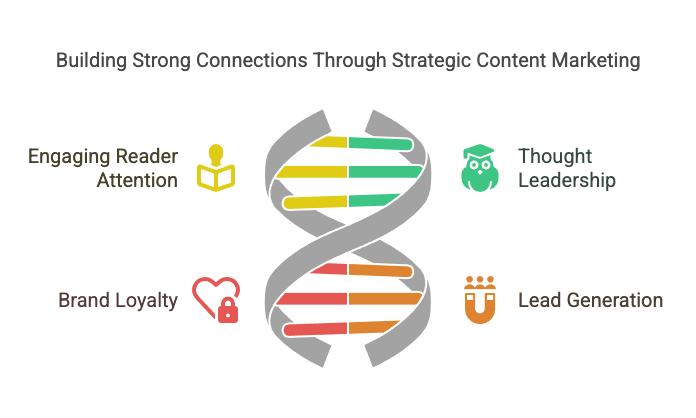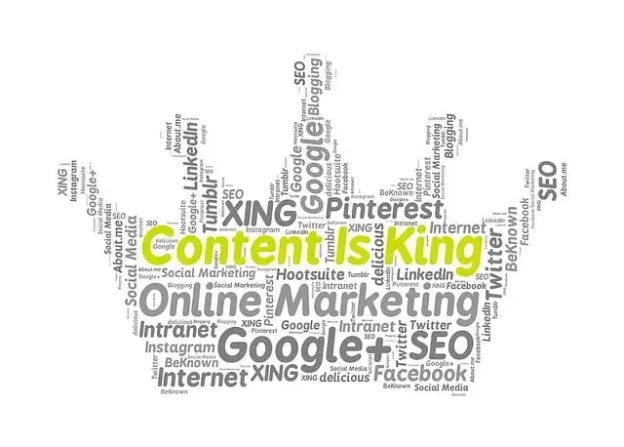It’s becoming increasingly clear that traditional advertising is not creating the levels of engagement that marketers might hope for. Consumers are conditioned to barely see banner advertising — assuming they haven’t installed an ad-blocker — and they are very sensitive and averse to content which they perceive to be biased towards selling.
Content marketing is an alternative or complementary marketing method that aims to generate conversions in the long term by fostering brand loyalty and awareness, and demonstrating competence within a particular niche.
Which simply providing content, be it text, audio, video, or even apps, that is of value to clients and customers. Content marketing makes businesses into publishers. This blog post is an example of content marketing.
What is Content Marketing Not?
This can not be stressed strongly enough: Content marketing is not selling. Many businesses make a fundamental mistake with both their content marketing and social media strategies. Eager to produce a solid ROI, they will use these channels for the hard sell. But, Content marketing is not copywriting.
Naturally, the ultimate goal is to increase revenue by generating conversions. However, and perhaps counter-intuitively to some who seek more immediate metrics of success, content marketing is a long-term strategy. Specifically, it’s based on the intermediate goals of building community, customer loyalty, and brand awareness. Indeed, the hard sell can alienate potential customers.
Content Marketing is also not spamming. The content has to be of high-quality and the potential customer has to willingly engage with it.

What are the Benefits of Content Marketing?
Engaging Reader Attention
Indeed, one of the most difficult tasks for brands in the age of information overload is getting web users to pay attention to and engage with content. After all, businesses can’t generate interest in products if they can’t get consumers to engage with their site or follow calls-to-action. Therefore, providing what the consumer perceives as valuable, interesting, or entertaining content will increase engagement.
Demonstrating Thought Leadership, Competence, and Caring
“Thought leadership” is an unpleasant sounding bit of business jargon, but what it means is important. One of the primary purposes of content marketing is showing that a business knows what it is talking about, and that it is innovating within its niche. Showing customer-focused innovation is a great way to differentiate a business from its competitors.
Brand Loyalty
In his very popular book, Influence: The Psychology of Persuasion, Robert Cialdini talks about the power of reciprocity. Give people something without asking something in return and they will be more inclined to do something for you in the future. This is one reason it’s important not to engage in the hard sell with content marketing. Providing consumers with actionable, informative, or entertaining high-quality content that is of value to them, without selling, helps to foster a sense of brand loyalty.
Lead Generation
Of course, in spite of the prohibition on sales language, sales are the goal in the long run, and all of the above benefits are only benefits if they contribute to generating leads for sales. Increasing brand awareness and differentiation within a niche is one step along the way to converting interested browsers to customers.
There are numerous other benefits to producing high-quality, audience-focused content, including SEO and appealing to a desired market segment.
What do you think about content marketing? The way of the future, or hype. Let us know in the comments.




